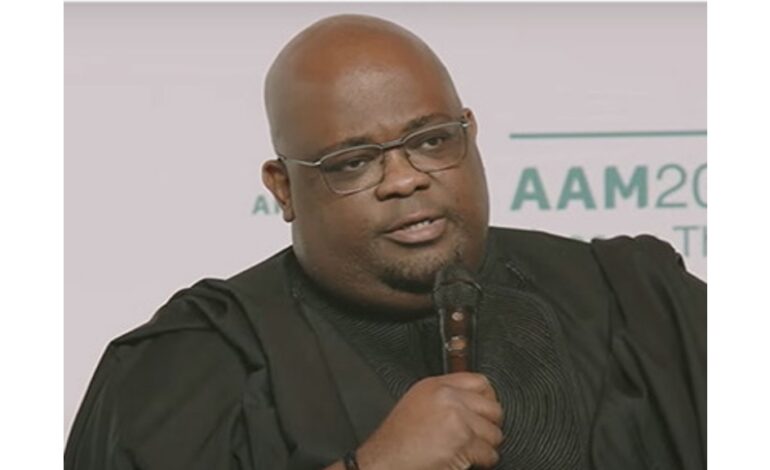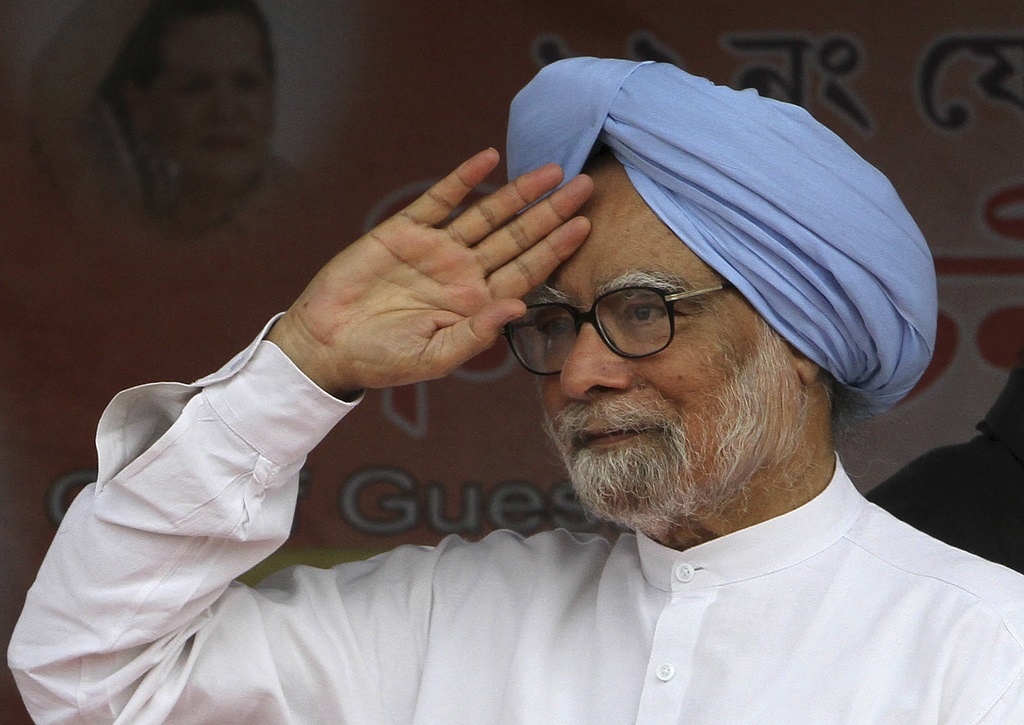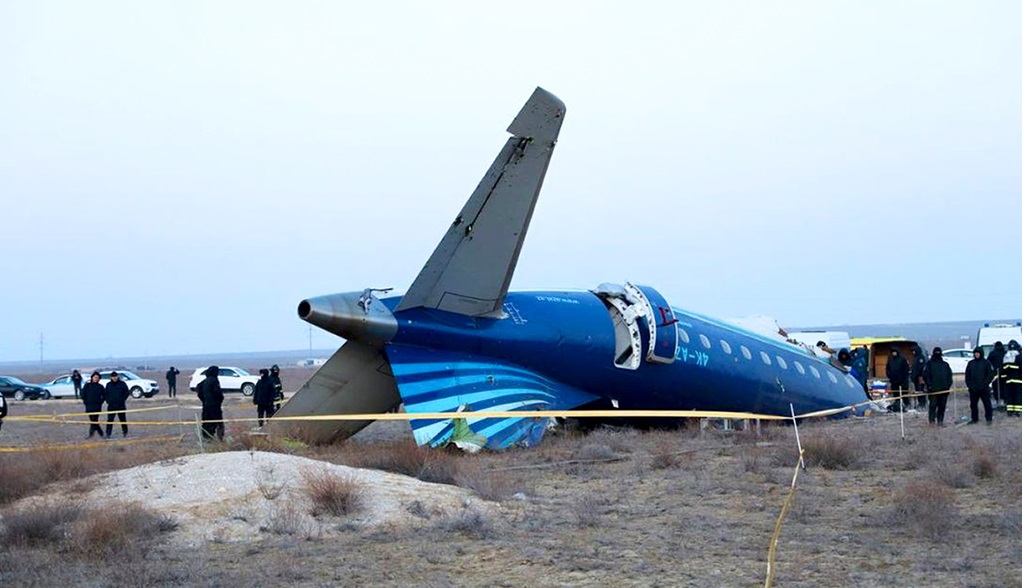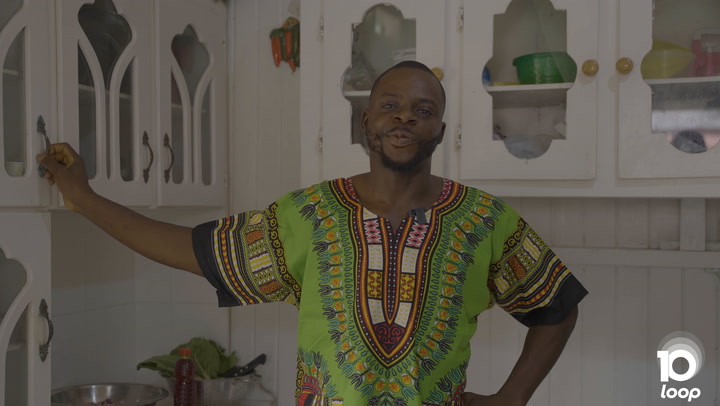Caribbean, Africa urged to trade in their own currencies

Barbados Minister of Economic Affairs and Investment, Chad Blackman, says the Caribbean and Africa should start looking at trading among themselves in their respective currencies, adding that the United States and European currencies might be less dominant a decade from now.
Blackman speaking Wednesday at the Africa Export-Import Bank (Afreximbank) 31st Annual Meeting (AAM2024) taking place here, said that his comments are “potentially controversial” but noted that some countries are already trading in their own currencies.
Blackman told a session titled “Managing Macroeconomic Crises: Some Lessons from Africa and the Caribbean” that in addition to appreciating over time, trading in a currency lends credibility to those markets where the currencies are in use.
“And when you look at the current geopolitical shifts taking place in the world, I’m no prophet, but I believe within the next 10 to 15 years, a number of the currencies that we’re now looking to, may not be in the same position that they are today,” said Blackman, a former diplomat.
“So the question is, ‘How do we prepare ourselves for that eventuality and that shift, which will take place?’” he said, noting that a lot of currencies are pegged to the US dollar.
“So, conversations must now be had not just at the domestic level, but also between the Caribbean and Africa, looking at perhaps a basket of currencies that we should actually start to look at that can anchor or monetary policies.”
He, however, noted that most Caribbean economies are tourism-based, adding, “and therefore, when you look at the strength of the dollar, given that we import most of our goods to service, for example, or tourism-based economies, it has a major implication.
“Now, that aside again, I want to go back to the whole issue of south-south, for a long time, we’ve held the view that in order for us to trade, we must trade only in the US dollar on the euro or in the pound.”
Blackman addressed a number of other issues, including reform of the global financial sector and tax revenue as a portion of gross domestic product.
He said that as it pertains to accessing financing, countries such as Barbados are oftentimes caught in “the vortex of being either classified as middle-income or high-income”.
This, he explained, limits a country’s policy options as regards addressing their developing challenges, noting that Barbados, through the Bridgetown initiative, has called at the international level for a rethinking of using GDP per capita to determine a country’s access to developmental financing.
Blackman said that while some countries might have a high groass domestic product (GDP) per-capita ratio they also have “inherent inequalities”, adding that sometimes, in addressing these issues, a country cannot approach it as single nation state.
“You have to look at the entire multilateral development system. And therefore, Prime Minister (Mia) Motley … conceived and led the initiative,” he said, noting that the Barbados proposal calls for a reform of the international financial architecture.
“So when you look at both the domestic reality coupled with the global reality, we, therefore, now have to ensure that we can have that policy space to be able to treat to a number of these things.
“Because if you’re indebted and then … an external shock manifests, whether that be a climate shock, when you see the tensions around the world, causing an increase in energy prices, countries like Barbados, or the Bahamas or Trinidad and Tobago in the Caribbean, are often therefore faced with a very difficult task of being able to treat with the external shock whilst paying down the debt that was there before,” Blackman said.
The former diplomat said that in such a situation, a country that goes to the international market for financing ideally needs long-term financing options.
“Why? The high interest rates are going to choke your ability to do so. So the country and the region, CARICOM, has been calling for that reformation around the world and the restructuring.”
The Economic Affairs and Investment Minister made the point as he noted that the Governor of the Central Bank of Barbados, Dr Kevin Greenidge had told an earlier panel that there is a still a lot of work to be done in this regard.
Meanwhile, the panel also heard that no country has made it to advanced economy status without raising about 30 per cent of the GDP in taxes even as in Africa, tax contribution is about 15 or 16 per cent of GDP.
Blackman said the situation in the Caribbean is similar to Africa, adding that this goes back to the constraints in the policy space in trying to raise revenue.
“Because of course you either do it through taxes or growth. But to be able to do that, in circumstances where you’re constrained by high levels of debt is going to make it very difficult and that has been a major challenge.”
On Wednesday, Greenidge, called for reform of the global financial architecture, saying credit rating agencies have a “natural bias” against smaller economies such as those in Africa and the Caribbean
Blackman said the time has long passed for the global south to have “credit rating agencies that can stand the test of time.
“Why? And not to knock them, but the credit rating agencies that we all look to in the world as we speak were not created by us or in our image,” he said adding that he was glad to hear that credit rating agencies are coming out of Africa.
“There has to be agencies that can be created around the global south that can stand the test of time, we have the credibility, but that the world also will respect.”
He said that the current global credit rating agencies “have moved away from the original intent and the implications are massive to our economies”.
Blackman said the global south must also leverage South-South cooperation and liquidity.
“Because there’s a lot of finance going on in our part of the world. But if we don’t harmonise our approaches, and try to unlock it, where it is, a lot of the mobilisation that we’re needing is not going to be unlocked, but it is there. The question is what mechanism and instruments do we have to be able to unlock them? Right.”
He said that Africa and the Caribbean continue to push the reform agenda, adding that the Bridgetown Initiative is “a very good and real example of that.
“But we have to also not just look at the financial architecture and reform,” adding that Africa and the Caribbean have to use the multilateral system around the world, for example, at the UN, “to ensure that when they’re at the table, they constantly bring these issues that are faced by the Global South…
“… most of our countries did not exist when the current architecture that we now operate under was created and therefore with new challenges, new realities, deep inequalities, we have to now ensure that that financial architecture is reformed if we are going to treat to these challenges,” Blackman said.






